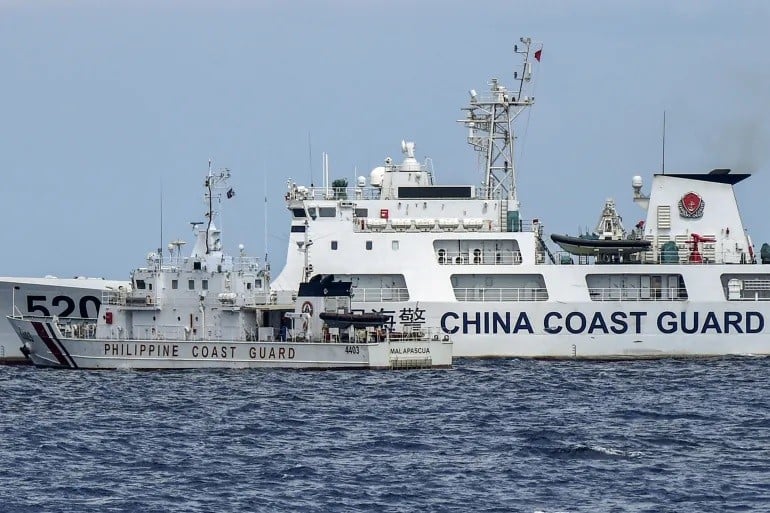 |
| The Philippines and China have had clashes in the East Sea. (Source: AFP) |
At a recent forum in Manila, Philippines, Chinese scholars said the country has no intention of giving up its sovereignty claims in the South China Sea, but is also determined to avoid conflict and manage disputes peacefully.
Four Chinese maritime scholars say compromise and restraint are the only viable way forward.
| Related News |
 Chinese expert calls for increased pressure on Philippines in East Sea Chinese expert calls for increased pressure on Philippines in East Sea |
The forum, titled “Peaceful Resolution of Disputes in the South China Sea,” comes just days after the latest standoff between Chinese and Philippine vessels in the South China Sea. Scholars are skeptical about the prospects of a quick resolution to the two countries’ long-running dispute in the South China Sea, but say mutual trust, patience and a move away from “broadcast diplomacy” — publicizing every event at sea and encouraging outside partners to make statements or intervene — could help ease tensions.
Hu Bo, director of the South China Sea Policy Institute and research professor at the Center for Maritime Strategy Studies at Peking University, expressed optimism that although it is unlikely to completely resolve the dispute "within our generation," he is "confident we can manage the disputes peacefully" in the future.
Meanwhile, Yan Yan, director of the Center for Ocean Law and Policy Research at the National Institute for South China Sea Studies, said maritime disputes are "much more complicated than land border disputes."
For his part, Zheng Zhihua, research professor and director of the East Asian Sea Policy Project at the Center for Japanese Studies at Shanghai Jiao Tong University, said that China's rapid economic growth has helped it protect its territorial integrity. "I don't see the possibility of China giving up its territory and sovereignty in the South China Sea. Therefore, it is important for us to manage the dispute peacefully," he said.
Lei Xiaolu, a professor at Wuhan University’s Institute of Boundary and Ocean Studies, said crisis management included avoiding “radio diplomacy.” She stressed that ASEAN member states “don’t have a tradition of using the microphone to ask anyone else to intervene in resolving disputes,” referring to the Philippines’ efforts to involve the United States, Japan and Australia in its dispute with China.
Source: https://baoquocte.vn/scholar-trung-quoc-de-xuat-giai-phap-hoa-binh-voi-philippines-trong-tranh-chap-o-bien-dong-311776.html



![[Photo] National Assembly Chairman works with leaders of Can Tho city, Hau Giang and Soc Trang provinces](https://vphoto.vietnam.vn/thumb/1200x675/vietnam/resource/IMAGE/2025/5/11/c40b0aead4bd43c8ba1f48d2de40720e)
![[Photo] The moment Harry Kane lifted the Bundesliga trophy for the first time](https://vphoto.vietnam.vn/thumb/1200x675/vietnam/resource/IMAGE/2025/5/11/68e4a433c079457b9e84dd4b9fa694fe)
![[Photo] Discover the beautiful scenery of Wulingyuan in Zhangjiajie, China](https://vphoto.vietnam.vn/thumb/1200x675/vietnam/resource/IMAGE/2025/5/11/1207318fb0b0467fb0f5ea4869da5517)

![[Photo] Prime Minister Pham Minh Chinh chairs the fourth meeting of the Steering Committee for Eliminating Temporary and Dilapidated Houses](https://vphoto.vietnam.vn/thumb/1200x675/vietnam/resource/IMAGE/2025/5/11/e64c18fd03984747ba213053c9bf5c5a)
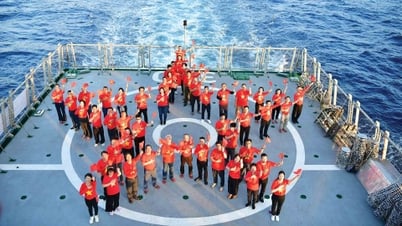
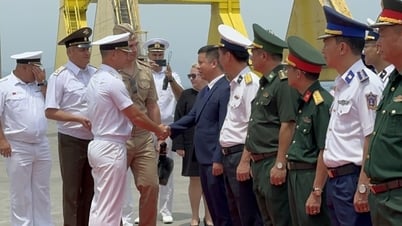
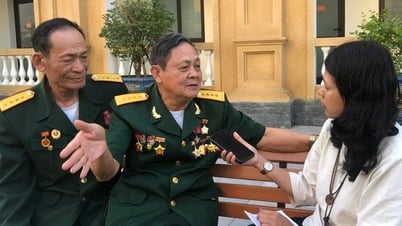


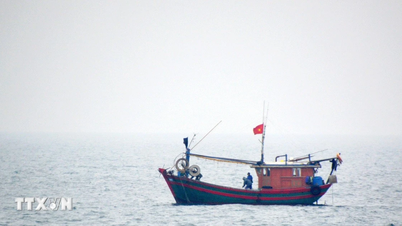






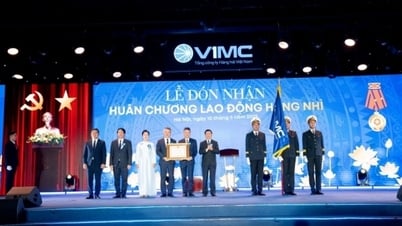




































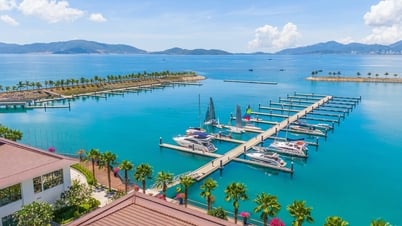


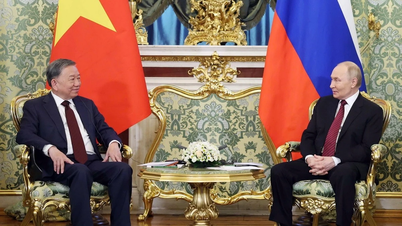











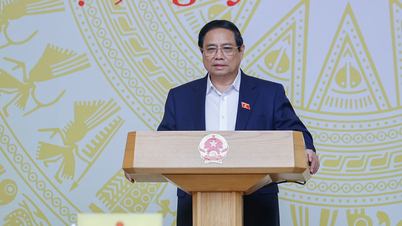
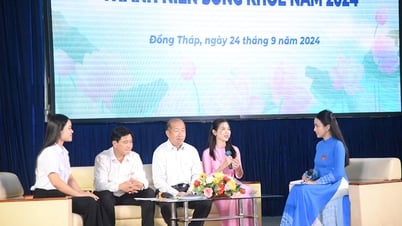

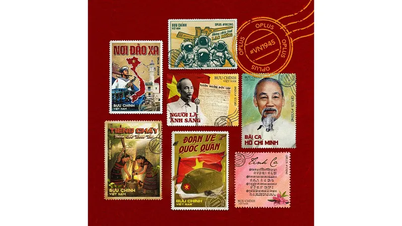



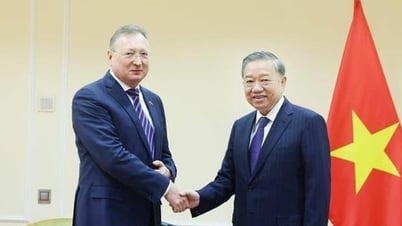










Comment (0)